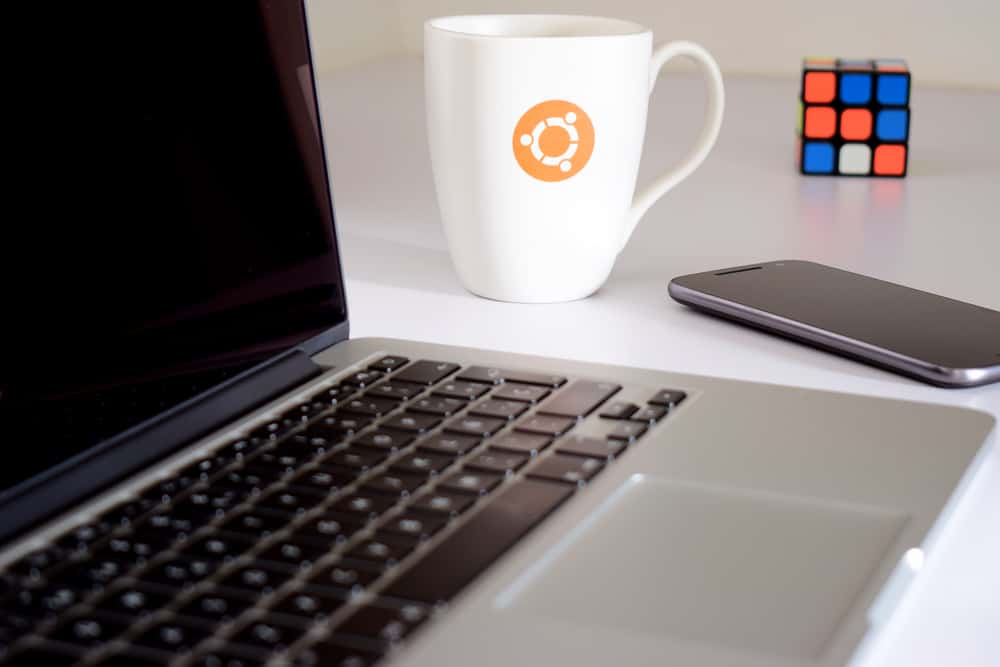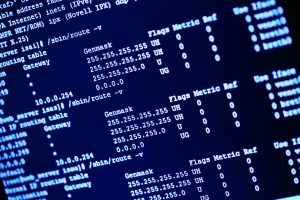
In this article, we’ll walk you through the steps to solve the issue of AnyDesk not starting as root on Ubuntu 20.04. This is a common problem that users face and it can be resolved by following a few simple steps.
Please note: Running AnyDesk as root is not recommended due to potential security risks. The error message you’re seeing is a precautionary measure to prevent running AnyDesk with root privileges. Therefore, the solution we’re providing will guide you on how to run AnyDesk as a regular user.
To fix AnyDesk not starting as root on Ubuntu 20.04, you should run AnyDesk as a regular user instead. Running AnyDesk as root is not recommended due to security risks. Switch to a regular user account using the "su" command followed by the username of the regular user, and then launch AnyDesk with the "anydesk" command.
Understanding the Issue
When you try to run AnyDesk as root, you may encounter an error message or find that the application fails to launch. This is because AnyDesk, like many other applications, is designed to run as a regular user to prevent potential security breaches.
Opening the Terminal
The first step is to open the terminal. This can be done by pressing Ctrl+Alt+T. The terminal is where you’ll enter the commands to start AnyDesk as a regular user.
Checking Your User Status
Before proceeding, ensure that you’re logged in as a regular user, not as root. To check your current user status, type the following command in the terminal:
whoamiThis command will return the username you’re currently logged in as. If it returns ‘root’, you’ll need to switch to a regular user account.
Switching to a Regular User Account
If you’re logged in as root, you can switch to a regular user account using the su command followed by the username of the regular user. For example, if the regular user’s username is ‘john’, you would type:
su johnYou’ll be prompted to enter the password for the regular user account. Once you do, you’ll be logged in as that user.
Launching AnyDesk as a Regular User
Now that you’re logged in as a regular user, you can launch AnyDesk. To do this, type the following command in the terminal:
anydeskThis command will start AnyDesk as the current user. You should now be able to use AnyDesk without any issues.
Troubleshooting
If AnyDesk still doesn’t start, look for any error messages displayed in the terminal. These messages can provide clues about what’s causing the issue. You can also try reinstalling AnyDesk or checking for updates to ensure you’re using the latest version.
Conclusion
Running AnyDesk as a regular user, rather than as root, is a simple and effective way to resolve the issue of AnyDesk not starting on Ubuntu 20.04. It also helps to maintain the security of your system. If you’re still having trouble, don’t hesitate to seek help from the Ubuntu community or the AnyDesk support team.
Running AnyDesk as root can pose potential security risks as it grants the application full control over the system. It is best to run AnyDesk as a regular user to maintain system security.
If the terminal doesn’t open with Ctrl+Alt+T, you can try opening it from the Applications menu by searching for "Terminal" or by using the keyboard shortcut Ctrl+Alt+T in the Ubuntu desktop environment.
To switch to a regular user account from the root account, use the su command followed by the username of the regular user. For example, if the regular user’s username is ‘john’, you would type su john and enter the password for the regular user account.
If AnyDesk still doesn’t start, you can try looking for error messages displayed in the terminal for clues about the issue. Additionally, you can try reinstalling AnyDesk or checking for updates to ensure you’re using the latest version. If the problem persists, seeking help from the Ubuntu community or the AnyDesk support team can be beneficial.








